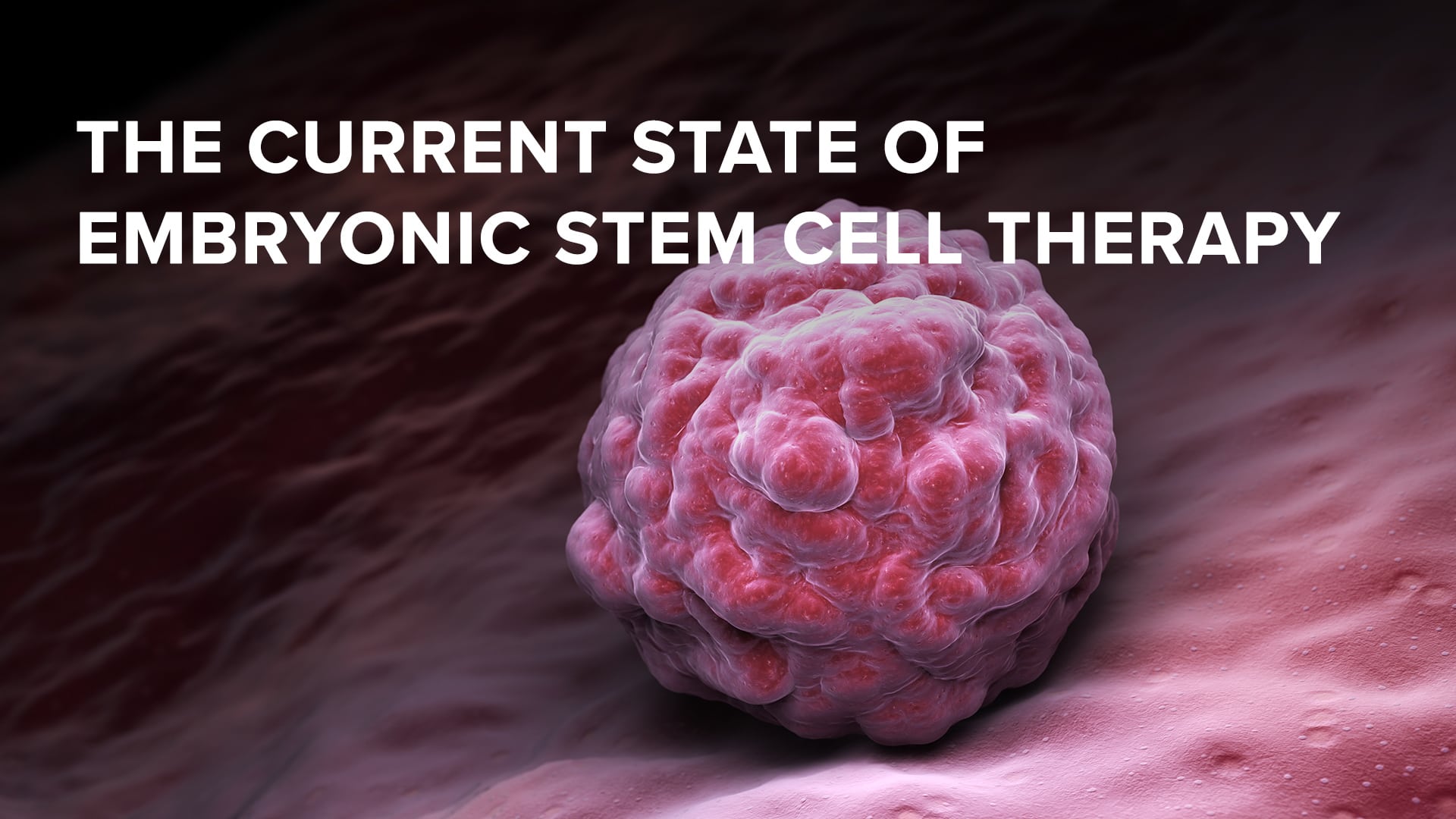When Regenexx first started using mesenchymal stem cells (MSCs) to treat orthopedic problems in 2005, embryonic stem cells (ESCs) were king. However, a funny thing happened in 2010, when the number of research papers published on MSCs equaled the number published on ESCs. Since then, things have gotten much worse for embryonic stem cell research, and mesenchymal stem cell research is now clearly dominating the mesenchymal stem cell vs embryonic stem cell battle.
What Is an Embryonic Stem Cell?
Embryonic stem cells (ESC) are the cells that make a baby. They’re pluripotent, meaning that they have the ability to turn into all three cell types, which are ectoderm, endoderm, and mesoderm. Basically, they are stem cells that can turn into most cells of the human body.
What Is a Mesenchymal Stem Cell?
A mesenchymal stem cell is different. It’s a stem cell that’s found in adults (or really any individual past the age of embryo). It’s multipotent and can differentiate into a number of cell types that are of the mesodermal lineage. These include osteoblasts (bone cells), chondrocytes (cartilage cells), myocytes (muscle cells), and adipocytes (fat cells). At StemCell ARTS we strictly only use the osteoblast which we obtain in the back pelvic area.
Mesenchymal Stem Cell vs Embryonic Stem Cell: Why MSC Research Surpassing ESC Research Is a Big Deal
The public was introduced to the concept of stem cells following a ban on embryonic stem cell research. This forced ESC researchers to take their case to the public. Scientists told the public that stem cells could be a possible cure for many incurable ailments. Unfortunately, along with the ethical problems associated with embryonic stem cells, it turned out that they also have a nasty little issue of causing teratomas (weird tumors). At the same time, many scientists began to recognize that stem cells could be found right in our own bodies in the form of mesenchymal stem cells. Hence, the race was on to see which stem cell type would become dominant. Mesenchymal stem cells are just more useful. They can be obtained from the patient without any ethical concerns and generally can do most of what ESCs can accomplish.
The upshot? Embryonic stem cell research is slowly dying off and being replaced by mesenchymal stem cell research. While this mesenchymal stem cell vs embryonic stem cell research reversal may have started because of the Bush administration ban, it’s accelerated since then because mesenchymal stem cells are just more practical as a therapy.

